The Lessons No One Tells You About Being an Agency Manager
When I first stepped into a management role, I was wildly unqualified—at least, that’s how it felt. I had barely been managed myself, let alone given the responsibility of leading others. But someone saw something in me before I could see it in myself, and that leap of faith changed everything. That’s one of the great truths of management: sometimes, a great leader spots your potential long before you do.
Since then, I’ve spent years managing people—mostly agency professionals like comms executives, researchers, and strategists. More recently, I’ve been coaching and developing managers. And let me tell you, it’s been incredibly insightful. Listening to and supporting managers who are overwhelmed or baffled by what they need to do and the amount of tasks they need to juggle, has highlighted how being great at management is no easy feat.
Through the coaching I do, I’ve gathered a few lessons. If you’re in the trenches of agency life, managing a team while juggling clients, deadlines, and the occasional existential crisis, these might just resonate with you.
1. If You Don’t Like Dealing with People, Management Will Break You
Agency life is fast-paced, full of creative egos, shifting priorities, and relentless deadlines. If you think management is about sitting back and strategizing from a safe distance, think again. Management is about people—supporting them, guiding them, and sometimes dealing with their frustrations, insecurities, and bad days.
Here’s a litmus test: imagine a full day of back-to-back one-on-one meetings. Does that sound energizing or exhausting? If the very idea makes you want to lock yourself in a conference room with just your laptop and noise-cancelling headphones, you might need to rethink whether management is the right path for you. Because at its core, being a great manager means enjoying the human side of work—understanding what drives people, helping them solve problems, and creating an environment where they can thrive.
2. You Don’t Need All the Answers—You Need to Help Your Team Find Them
Early on, I thought being a manager meant being the most skilled person in the room—the one with all the answers. That belief led to a lot of imposter syndrome. How could I lead when some of my team members were better strategists, thinkers or relationship builders than I was?
Here’s the truth: the best managers aren’t necessarily the best practitioners. Just like the best sports coaches weren’t always the best athletes. Your role isn’t to have all the answers—it’s to create an environment where your team can find them. The best managers help their teams think critically, challenge assumptions, and solve problems collaboratively. They create a culture where people feel safe to experiment, fail, and grow. They coach and mentor the team to become independent thinkers.
So if you ever feel like you don’t know enough to be a good leader, remember: your job isn’t to be the expert in everything. It’s to empower your team to be brilliant.
3. A Great Manager’s Success Is Measured by Their Team’s Success
Forget your personal to-do list for a second. How is your team doing? Are they delivering exceptional work? Are they growing in their roles? Are they engaged and motivated? That’s how you measure your effectiveness as a manager.
You could be the hardest-working, most organized manager in the agency, but if your team is disengaged, underperforming, or constantly turning over, something is off. Great managers build great teams. They attract top talent, nurture their people’s strengths, and create an environment where everyone can do their best work. If your team is thriving, so are you.
4. The Most Valuable Skill You’ll Gain Over Time? Perspective.
When new managers ask me for the “biggest lesson” they can learn upfront, I wish I had a quick fix. But the reality is, management isn’t something you master in a year. It takes time. It takes mistakes. It takes seeing patterns play out over months and years to develop the instinctive judgment that separates good managers from great ones.
There are no shortcuts. You can read all the books and listen to all the podcasts (and you should!), but experience is the best teacher. You need to navigate tough conversations, make hiring mistakes, deal with challenging clients, and lead people through uncertainty. Over time, those experiences add up, and suddenly, situations that once felt overwhelming become second nature.
So if you’re feeling like you’re constantly winging it—good. That’s part of the process. Keep showing up. Keep learning. Keep growing.
Final Thoughts
Being a manager in an agency is not for the faint of heart. It’s messy, unpredictable, and sometimes downright exhausting. But it’s also one of the most rewarding things you’ll ever do. You have the power to shape careers, inspire creativity, and build teams that do incredible work.
So if you’re in this role, embrace it. Learn from your mistakes. Celebrate your wins. And most importantly, keep putting your people first—because at the end of the day, great managers don’t just manage work. They impact the success of others.
